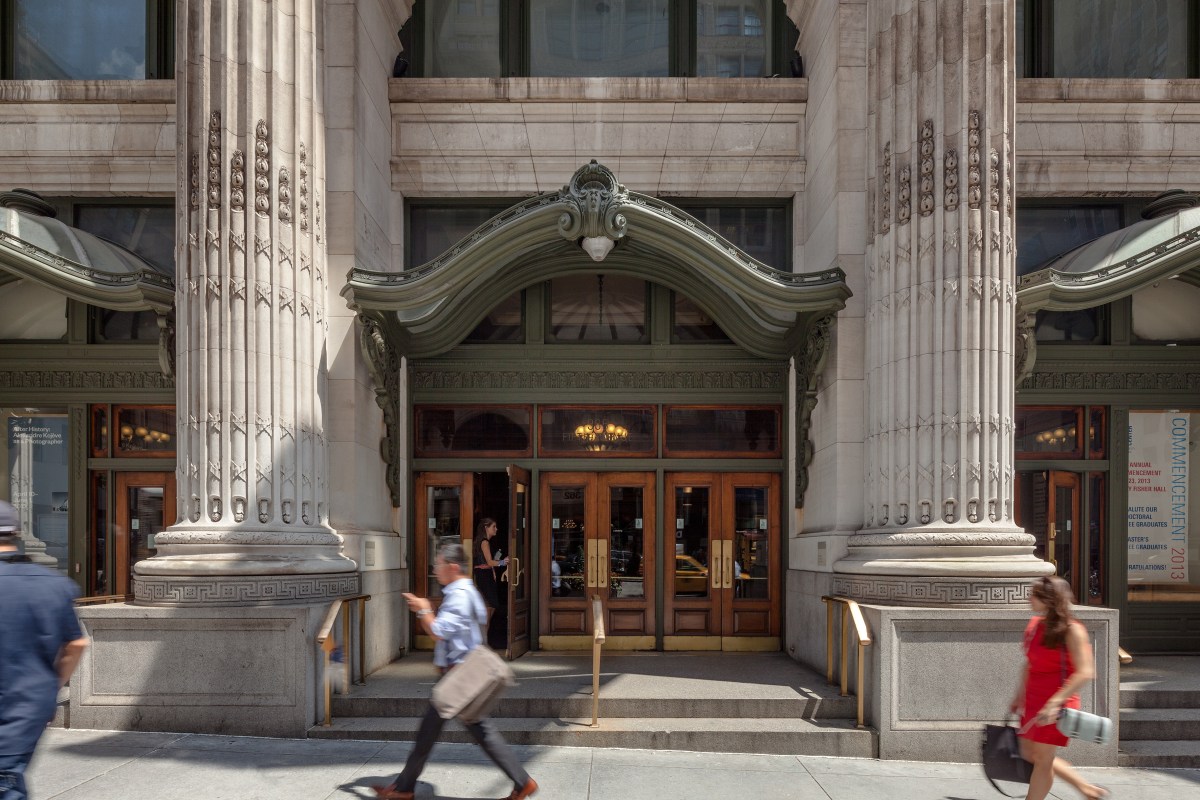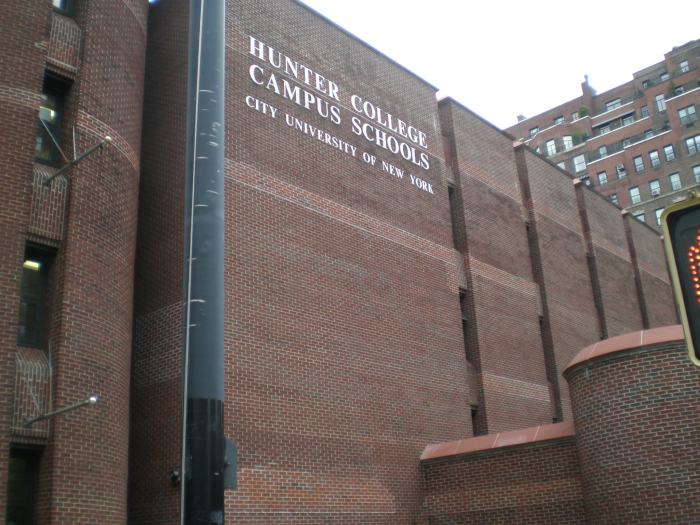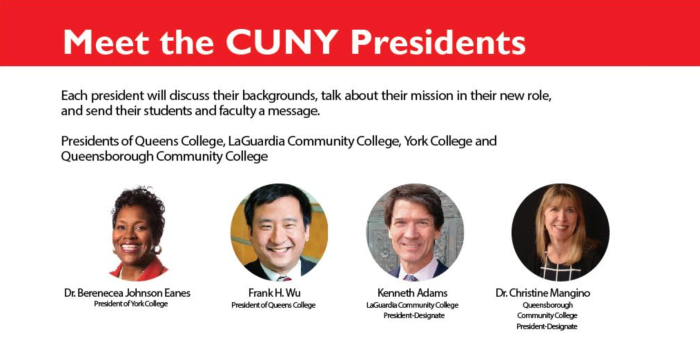From the City of New York’s (CUNY) founding as the Free Academy in 1847, New York provided enough funding to allow the university to offer a free, four-year education to New York residents until 1975. Starting in 1969, CUNY began open admissions and the number of students of color in the system quickly doubled, making quality, affordable education available and accessible like never before.
As a former teacher in New York City’s Welfare Education Program, I know firsthand how free education can change the trajectory of students’ lives for the better. It is also why I, along with so many of my Democratic colleagues, have been fighting on local, state, and federal levels to restore funding levels for higher education across the country.
This year, we have an opportunity for New York State to step up and lead the national charge.
Seventy-five members of the New York State legislature are sponsors of The New Deal for CUNY (S4461/A5843), which would, among other things, make CUNY tuition-free yet again. In many ways, a back to the future bill, given CUNY’s history of offering free education. As the national conversation around higher education has shifted in recent years, returning to CUNY’s great past of providing a free, high-quality education to every New Yorker could mark the path forward for public higher education on the national level.
I have often reflected on my long experience with CUNY, which serves more than 500,000 students each year, many of whom live in the Congressional District I am privileged to represent. With the skyrocketing costs of higher education, from tuition and housing to books and supplies, the need for The New Deal for CUNY is critical.
The New Deal for CUNY makes CUNY free again, but more importantly it will set up our City’s students for success. As students return to in-person learning after two years of a pandemic, they will need both the academic and mental health resources that CUNY does not have the current capacity to fund.
The bill mandates an appropriate ratio of full-time faculty, mental health counselors, and academic advisors to students – a return to levels of support that CUNY students experienced in the early 1970s and before. Hiring adequate numbers of full-time faculty would provide a path away from the current overreliance on adjunct professors; today almost 12,000 CUNY adjuncts teach a majority of CUNY’s courses, at per-course pay rates substantially below that of full-time faculty, and very few of them have job security.
This bill would also simultaneously end the racial disparity in access to full-time faculty across CUNY and State University of New York campuses in New York. A recent report found that four-year CUNY and SUNY campuses with whiter student populations tend to have more access to stable, full-time faculty. The bill would also fix the aging infrastructure of CUNY that is often both derelict and dangerous.
New York State is fortunate to have a governor who envisions two-thirds of New Yorkers having a bachelor’s degree, and a State comptroller who expects a stable budget situation for years to come. And we have a legislature that is unified around the vision of a free and fully funded CUNY, as articulated in The New Deal for CUNY.
This year, New York State can step up, make CUNY what it once was, and in doing so, we can finally show that the national conversation about free, quality higher education can be more than a conversation – it can be a reality.
Congresswoman Carolyn B. Maloney is a former New York City school teacher and currently represents New York’s 12th Congressional District encompassing the East Side of Manhattan, Western Queens, and North Brooklyn.



































